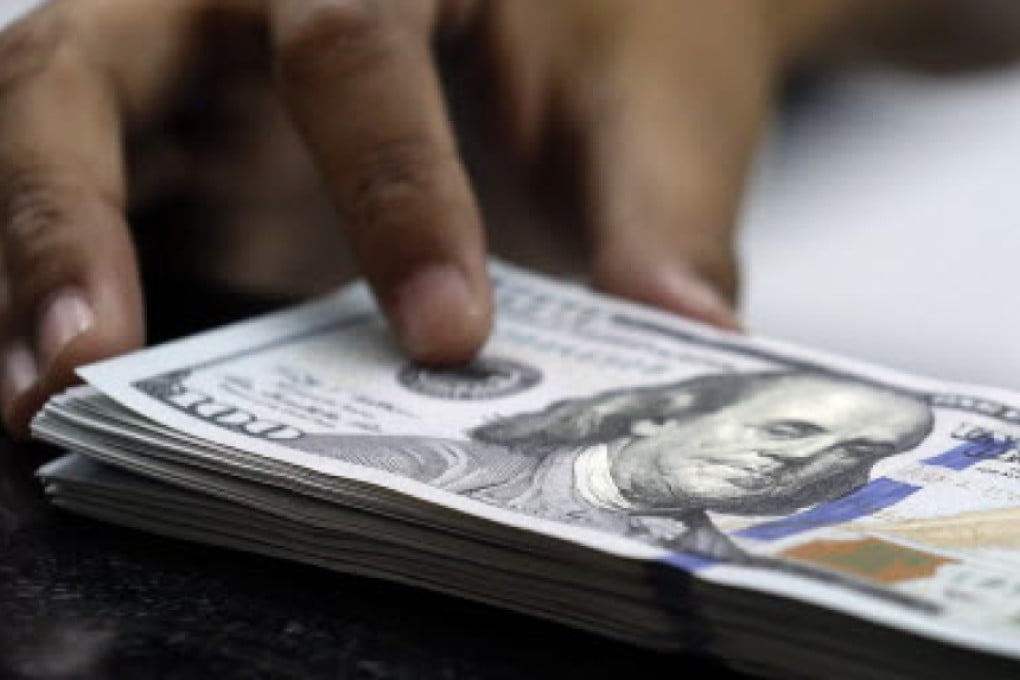Macroscope | China’s falling FX reserves do not prove the case for capital flight

A record US$93.6 billion fall in China’s foreign exchange reserves to US$3.56 trillion in the same month that the yuan was devalued and another US$1 trillion was wiped off the face value of mainland stock prices has led many to the conclusion that capital is fleeing the country as fast as it can.
While money may well be flowing out of China, capital outflow and capital flight are two very different things.
Especially in the mainland context where capital controls remain very firmly in place, despite a series of incremental liberalisation measures and Beijing’s insistence that, to all intents and purposes, the yuan meets the broad definition of being freely tradeable.
Capital outflow and capital flight are two very different things
But it’s not – and even membership of the International Monetary Fund’s special drawing rights (SDR) basket will not make it so.
The notion of panicked investors picking up their cash by the boatload and taking it somewhere else without the authorities being aware, or able to do something about it, fails to recognise this fact.
Clearly there are ways to get capital out of the country by circumventing these controls. Surging imports is the tell-tale sign that Moody’s Analytics economist Alaistair Chan watches for.
A sudden jump in coming months could mean that firms are over-invoicing purchases to move funds offshore – which is why the government cracked down on it hard more than a year ago when over-invoicing of products via Hong Kong was generating about US$14 billion a month in outflows.
But if that is happening again, it isn’t showing up in the data. Quite the opposite, in fact – imports fell for the 10th straight month in August, sinking 13.8 per cent on a year ago – far faster than July’s 8.1 per cent decline and the 8.2 per cent fall economists had forecast.

